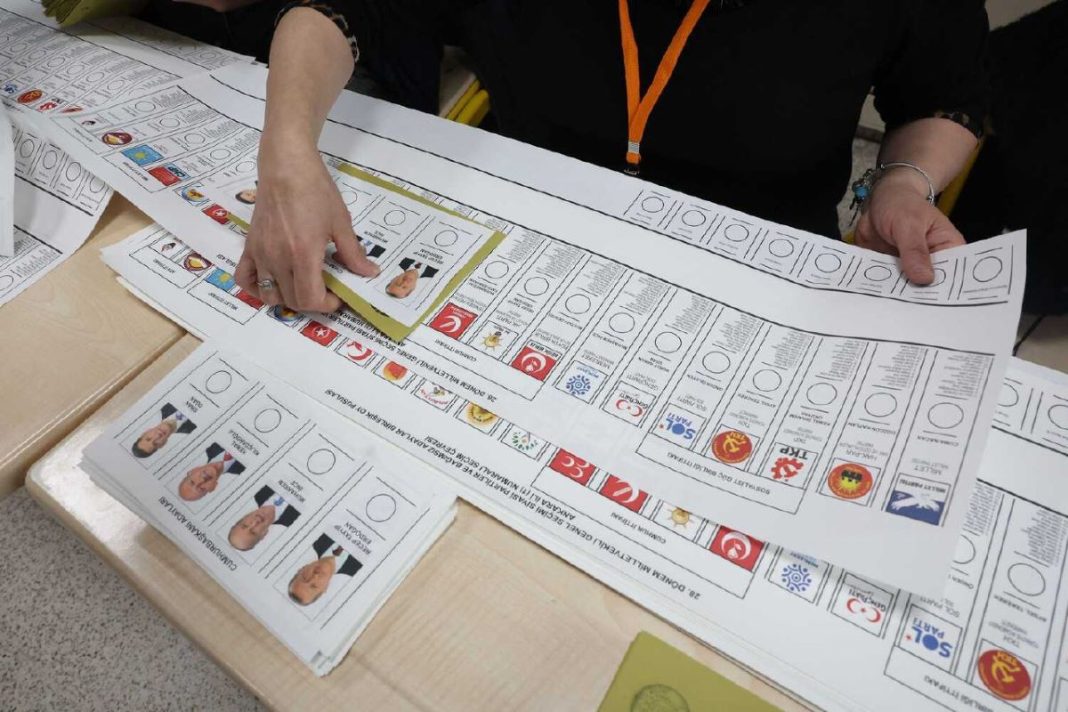Neither Erdogan nor Kilicdaroglu cleared the 50% threshold needed to avoid a second round, to be held on May 28.
Kilicdaroglu, who said he would prevail in the runoff, urged his supporters to be patient and accused Erdogan’s party of interfering with the counting and reporting of results.
“If our nation says second round, we will absolutely win the second round,” he told reporters, adding, “This will for change in society is higher than 50 percent.”
But Erdogan performed better than pre-election polls had predicted, and he appeared in a confident and combative mood as he addressed his supporters.
“We are already ahead of our closest rival by 2.6 million votes. We expect this figure to increase with official results,” Erdogan stated.
Sinan Ogan, the presidential race’s third candidate backed by the right-wing Ata Alliance, said there would be no announcement on who the alliance is going to support in the run-off. He added that will take place after internal deliberations.
Ogan appears to be gathering more votes than expected, surpassing five percent.
The voter turnout at Sunday’s presidential and parliamentary elections in Turkey amounted to 85.6%, the state-run TRT television channel reported.
The ruling AK Party will have fewer seats in the new parliament than it does in the current one but its alliance will still hold a majority. The number of AK Party seats in parliament has decreased from 296 to 266.
The Republican People’s Party won the second largest number of seats at 166.
Turkey’s lira has also slipped to a new two-month low as financial markets kicked off trading in the wake of the elections.
The currency weakened to 19.70 to the dollar before retracing some of its losses to 19.66, on track for its worst session since early November.
That was not far off the 19.80 level it hit in early March following deadly earthquakes in February.
The country of 85 million people – already struggling with soaring inflation – now faces two weeks of uncertainty that could rattle markets, with analysts expecting gyrations in the local currency and stock market.
